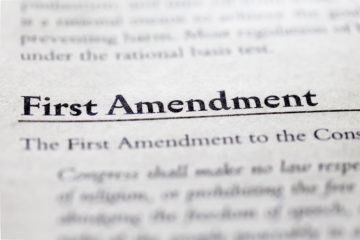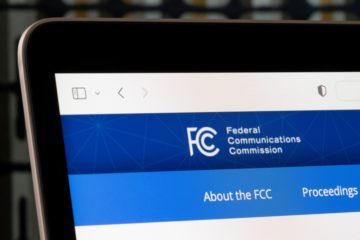In the early days of the internet, Kimbal Musk and his brother Elon faced skepticism from the president of the Toronto Star who couldn’t fathom the idea of computerized information replacing the phone book. This story serves as a reminder that executives often fail to grasp the evolving nature of markets, just as the FTC’s lawsuit against Amazon highlights a similar misperception. While the FTC scrutinizes Amazon’s 38 percent share of the online market, Amazon itself is keenly aware that the market it once dominated has transformed, and it continually adapts to remain relevant in an ever-changing landscape.
Market Institute Senior Fellow John Tamny has a new piece in Real Clear Markets exploring the state of Amazon’s market share and how antitrust enforcement by Lina Khan is a misguided attempt in a very evolving market.
He writes:
“Do you honestly think you’re going to replace this?” The latter was a question posed by the president of the Toronto Star to Kimbal Musk back in the early days of the internet. Kimbal and brother Elon had come up with the idea of putting a directory of businesses online, only for the head of the Star to aggressively dismiss the idea. The very notion that computerized information would replace the phone book…
The failure of executives to understand the what-will-be of markets is a constant source of stumbles in the real world of commerce.
Kimbal Musk’s rejected sales pitch rates mention alongside the FTC’s lawsuit against Amazon now. At the core of its attack is a belief that Amazon has become too powerful a player in the online market for goods. Ok, but which market?
Consider how Amazon began. A major reason for investor skepticism about its prospects back in the 1990s (beyond a lack of profits) was that consumers, and American consumers in particular, were too impatient for it. While Amazon could have a book at your door within 2-3 days, a trip to the local bookseller meant you had what you wanted realistically within minutes. No doubt Amazon could claim market share of the online book market of 1995 that was near 100%, but it was dominance of an insignificant market. Crucial about Amazon’s dominance was that if Barnes & Noble had wanted to put it out of business right then and there, it could have. So could have Blockbuster Video have taken out NetFlix.
Yet Netflix is worth $157 billion today. Blockbuster could have had it for south of $100 million. Yet Blockbuster didn’t bite simply because it didn’t realize what the market for consumption of movies was, nor what the market would be in the future. Think about this with regard to Amazon. The FTC is trying to engineer outcomes in a market that will shift long before it completes its superfluous lawsuit. Figure that Amazon initially opened its doors as a bazaar for book buyers willing to transact online (it’s easily forgotten how foreign this concept was to most buyers at the time), only for much bigger businesses to turn their noses up to the online book sales market in the way that newspaper executives laughed off the Yellow Pages online.
Presently the FTC fears Amazon’s 38 percent share of the online market, but the only reason it notices the dominance is because what used to be lonely is now populated by seemingly everyone. A crowded market is a flashing signal of a looming shift. In other words, the market the FTC is “policing” logically isn’t where dominance will soon be.
Importantly, Amazon recognizes this. That’s why it’s investing so much in, to paraphrase George Gilder, Life After Amazon. Instrumental as the internet is in the present day, Amazon recognizes that the stationary state will be its commercial death. So it experiments relentlessly in search of what the Musks and Bezos’s of tomorrow will discover in order to remain relevant for the markets that-will-be.”


